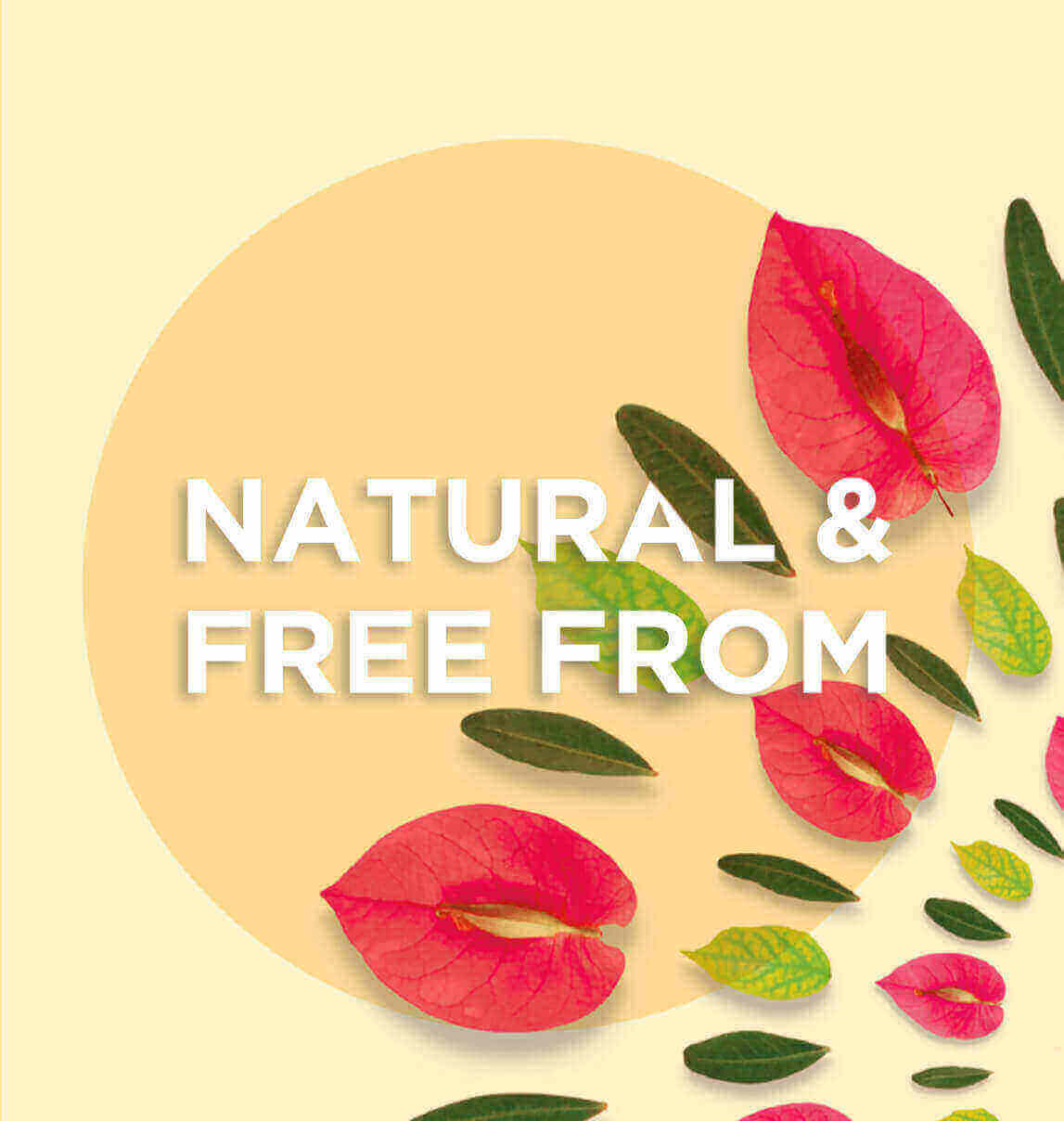In the attempt to stay in good health, phytotherapy offers several different approaches:
– Stimulation of different metabolisms.
Adaptogen plants (Eleutherococcus, ginseng, echinacea, androraphis, rhodolia, maca..) are often used. They help the body to fight more effectively against physical and nervous fatigue and infections, as well as to modulate blood cholesterol and lipid levels, and to maintain a good hormonal balance.
– Detoxifying the body using drainage
Drainage encourages waste elimination linked to the body’s metabolism, medicine/drug absorption and all other toxic substances. Excretory organs (emunctories: liver, kidneys, skin, intestines) ensure this detoxification of the body. They are able to gently clean the body, improve its general health and accompany medicated treatments.
Drainage does not provide a cure, but, it creates for example a feeling of wellbeing, a reduction of fatigue and stress and an improvement of chronic constipation symptoms or skin problems..
Drainage should not be considered as a treatment. It should be used in treatments of thirty days maximum. Only a low dosage should be used and should not show any side effects.
Drainage occupies a central place in phytotherapy. It can help to “correct and support”, or to “regulate and maintain”(1). It can be used alone to boost the body, or accompanied by medicated treatments, following a three-stage approach (before, during and after treatment). This allows the drug to act on a ‘clean slate’, to optimise and aid the body to eliminate waste and return to its original state as quickly as possible.
The two main types of drainage recommended are:
– Hepatic drainage:
This allows for effective detoxification through metabolisation of toxins and bile excretion (levels of which will be increased). The plants intended and recommended for hepatic drainage include artichoke (Cynara scolymus/leaves), black radish (Raphanus sativa/root), fumitory (fumaria officinalis/flowered plant), rosemary (Rosmarinus officinalis/branches).
– Renal drainage:
This encourages diuresis and toxin/water soluble metabolite elimination. The plants intended for this include pilosella (Hieracium pilosella/whole plant), orthosiphon (Orthosiphon stamineus/leaves), dandelion (Taraxacum den leonis/leaves).
Drainage, just like adaptogen plants, allows phytotherapy to go above and beyond the pathology by offering a stable and strong regulatory action for the body.
Bibliography
(1)Cahier de la phytothérapie clinique, C.Duraffourd, L.d’Hervicourt, J-C. Lapraz, Ed Masson
Dr Paul Belaiche, Le drainage en phytothérapie, Phytotherapy, Phytothérapie et médecines naturelles.





